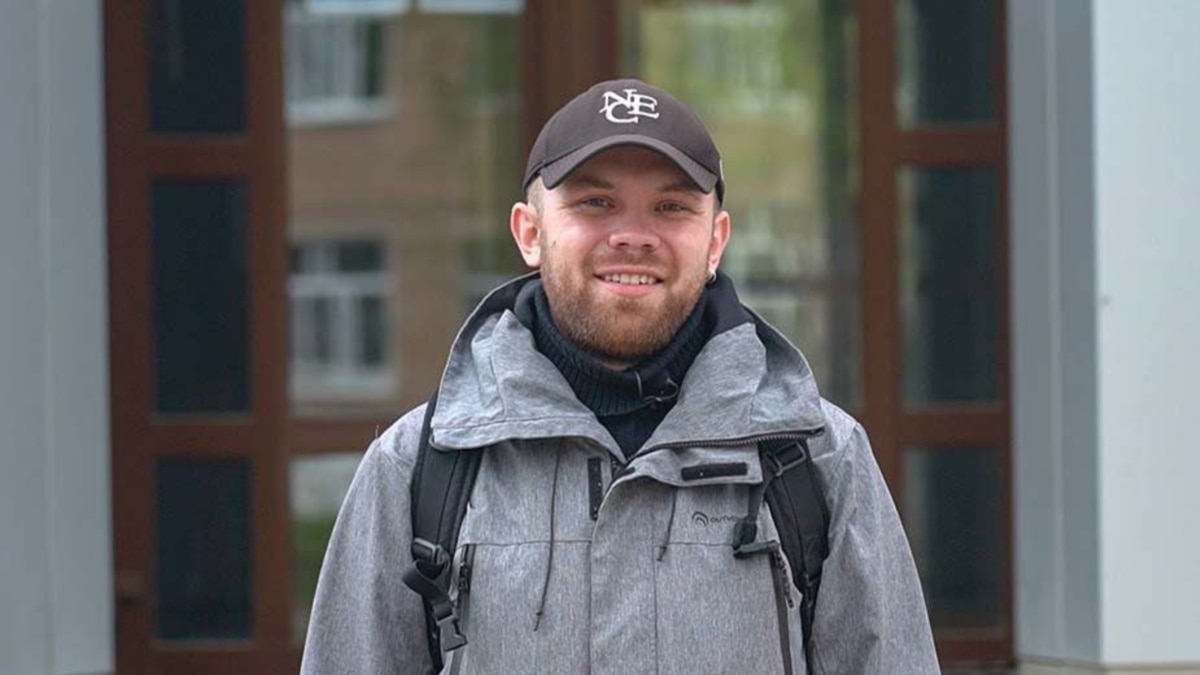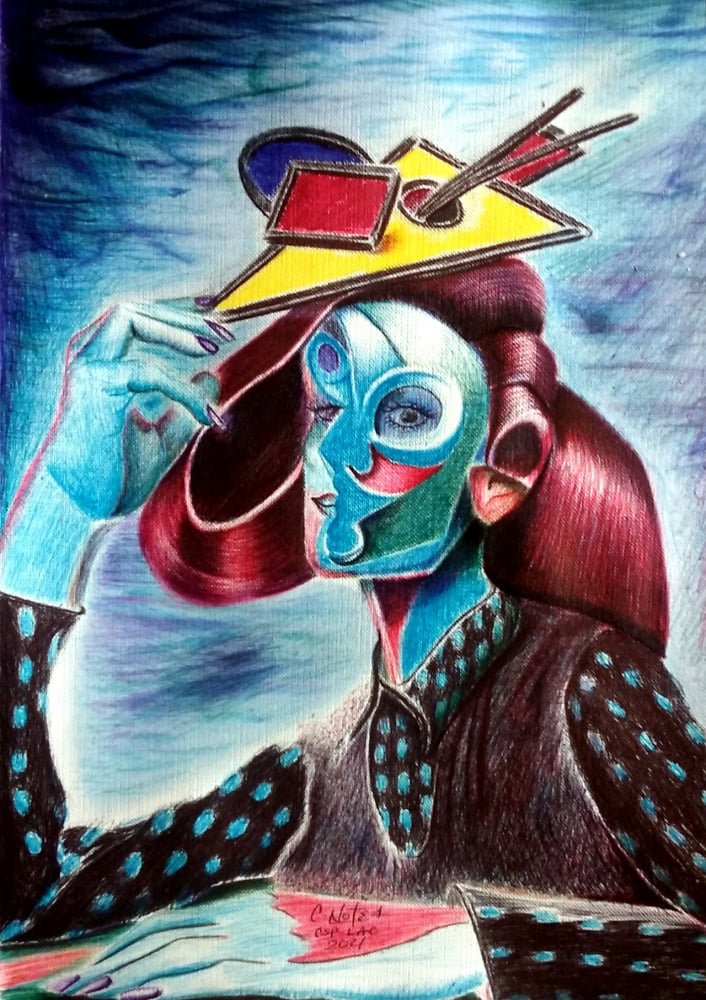
Pakistan’s Supreme Court has ordered the immediate release of former Prime Minister Imran Khan after ruling as illegal his arrest that has sparked deadly protests across the country and has prompted the government to deploy the military to restore order.
Khan was arrested after being dragged out of a court in Islamabad on May 9 by anticorruption agents and was subsequently placed in custody for eight days by a judge in an alleged graft case that he says is politically motivated.
On May 11, a three-judge bench at the Supreme Court heard Khan’s petition to be freed and ruled that his arrest had been illegal, ordering his immediate release, but advised the former prime minister to cooperate with the anticorruption agency investigating charges against him.
The court told Khan to condemn the violence triggered by his arrest. Khan told judges he knew nothing about the protests while he was arrested.
Khan’s apprehension sparked deadly protests in several regions of Pakistan, leading to the deaths of at least seven people.
The government began rounding up leaders of Khan’s party on May 11, arresting hundreds of its supporters, and deployed troops in regions where deadly protests ensued as he was ordered to be placed in custody.
Khan has been at odds with Pakistan’s powerful military establishment ever since he was ousted in a no-confidence vote in April last year. He has rejected the multiple corruption cases opened against him as politically motivated.
Prime Minister Shahbaz Sharif said in a televised speech on May 10 that he was forced to deploy the army in Islamabad, in Khan’s home region of Punjab, and in the northwest after Khan’s supporters “damaged sensitive public and private property.”
Sharif said “such scenes” had never taken place in Pakistan before, calling the violence “unforgivable” and warning that perpetrators will be given exemplary punishment.
WATCH: Khan’s arrest sparked protests across the country with several people killed. Khan, who leads the opposition party, Pakistan Tehrik-e Insaf, survived an assassination attempt in November 2022.
A special court in Pakistan on May 10 remanded former Prime Minister Imran Khan in custody for eight days after he was indicted in a graft case following his arrest by Pakistan’s anti-corruption agency the previous day.
The move sparked deadly protests in several regions of Pakistan, leading to the deaths of at least seven people.
Protesters burned the building of Radio Pakistan in Peshawar, in the volatile Khyber Pakhtunkhwa Province in the northwest, ransacked the offices of the Electoral Commission of Pakistan, and burned down the residence of a top general in Lahore.
Crowds also attacked army offices in the garrison city of Rawalpindi, close to Islamabad.
The army issued a statement saying it had shown restraint thus far, but that any further assaults on the military or law enforcement agencies, state installations, and properties “will be met with severe retaliation.”
The military said it held Khan’s Pakistan Tehrik-e Insaf (PTI) party responsible for the turmoil. Several senior PTI leaders were arrested, including Fawad Chaudhry and Asad Umar.
Chaudhry, Khan’s closest adviser, was detained outside the Supreme Court shortly after he challenged Khan’s arrest at the top court.
More than 1,300 protesters were arrested in Punjab alone after they went on a rampage.
UN Secretary-General Antonio Guterres wants all parties to refrain from violence and stresses the need to respect the right to peaceful assembly, deputy UN spokesman Farhan Haq said in New York.
Guterres also urged Pakistani authorities to “respect due process and the rule of law in proceedings” against Khan.
Khan on May 10 was indicted by a court on charges that he unlawfully sold state gifts while he was prime minister between 2018-22 in a case known as Tosha Khana.
The elections commission in October disqualified Khan from holding public office for five years after a court established his guilt in the Tosha Khana case. He rejected the charges.
Khan appeared on May 9 in a separate corruption case and was arrested in the Islamabad High Court building by agents from the National Accountability Bureau (NAB) in what his party said was a “kidnapping.”
Sharif said on May 9 that Khan was arrested for his implication in a corruption scandal known as the Al-Qadir Trust Case, which centers on the granting of land through the trust owned by Khan and his wife.
His arrest came a day after Khan accused a senior army general of being involved in an attempt on his life last year.
Mobile broadband has been suspended across Pakistan following the protests.
Khan, who still enjoys huge popularity as the main opposition leader, was wounded in a gun attack in November while leading a political march toward Islamabad. One of Khan’s supporters was killed and several others were wounded in that shooting.
A former cricket star turned Islamist politician, Khan, 70, has been leading the opposition since his ouster, which he claimed was part of a plot by Sharif and the United States. Both deny involvement.
Following Khan’s arrest, the rupee on May 10 dropped 1.3 percent to a fresh record low of 288.5 against the U.S. dollar
Pakistan has been in the grip of a spiraling economic crisis that has sent citizens’ purchasing power into free fall.
With reporting by Reuters, AFP, and AP
This post was originally published on this site be sure to check out more of their content.






